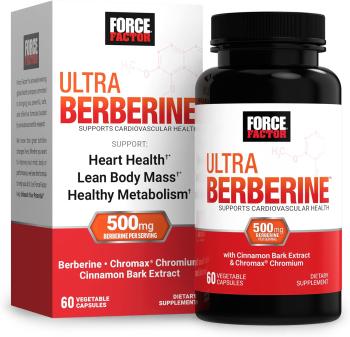The results are in: Removing fat entirely from our diet is not the solution for optimal health and disease prevention.
The Women’s Health Initiative followed more than 40,000 women aged 50 to 79 for eight years to investigate the effects of a low-fat diet on cancer and heart disease. Overall, going low fat showed no protection against these two killers.
Perhaps it comes as no surprise that some fats are beneficial—in fact, they are crucial for maintaining health. If you haven’t already incorporated them into your diet, now is a great time to consider the change to healthy oils.
What’s the Good News?
Essential fatty acids (EFAs) provide a range of benefits for both body and mind—and researchers are still uncovering new reasons why these fats are vital for health and longevity. Good fats can help reduce inflammation, lower blood pressure, stabilize blood glucose levels, and even burn the less-than-welcome fat that weighs you down and contributes to disease.
The list of positive results associated with omega-3 fatty acids is especially encouraging. Omega 3s, and their components eicosapentaenoic acid (EPA) and docosahexaenoic acid (DHA), have demonstrated health benefits in scientific trials.
These fats may help lower cardiovascular risks—for heart disease, stroke, or heart attack. Essential for brain health, they foster neurological development in fetuses, infants, and children.
As we age, omega-3 fatty acids may help relieve depression and even prevent Alzheimer’s disease.
These powerful fats can also offer relief for those who suffer from rheumatoid arthritis, irritable bowel syndrome, and psoriasis.
Health Claim
Until this year, products rich in omega 3s could only claim to be a good source of DHA. But a recent U.S. Food and Drug Administration (FDA) ruling allows information about EPA to be displayed on packages as well—helping everyone to make more informed, healthful choices at the supermarket. Look for “An excellent source of omega-3 EPA and DHA,” or some variation, on new labels. You’ll also find the amount of EPA and DHA per serving in a product, and what percentage of the recommended daily value (160 mg) it contains.
Essential Sources
Remember the adage that fish is brain food? Fatty, coldwater fish (salmon, trout, herring, mackerel, and tuna) are excellent sources of omega 3s.
Another source of essential fatty acids is microalgae. Flax and hemp oils also provide some omega 3s, though less than is found in fish oils.
Some people don’t like the taste of seafood, while others may be concerned about mercury warnings associated with certain fish. These individuals, along with those of us who eat fewer than the recommended two servings of fish per week, may benefit from taking fish oil supplements.
Smart Supplements
Supplements are a rich source of omega 3s, with the associated benefits. A recent study at Harvard Medical School indicates that fish oil supplements contain few toxins. Lab tests show them to be free of mercury, polychlorinated biphenyls (PCBs), and other unwanted contaminants. Check the label for a supplement that has been “deodorized” or “distilled” to ensure purity. Some supplements have added natural fruit flavor to help entice wary taste buds. For vegetarians, purified DHA from microalgae offers a good alternative to fish oil.



